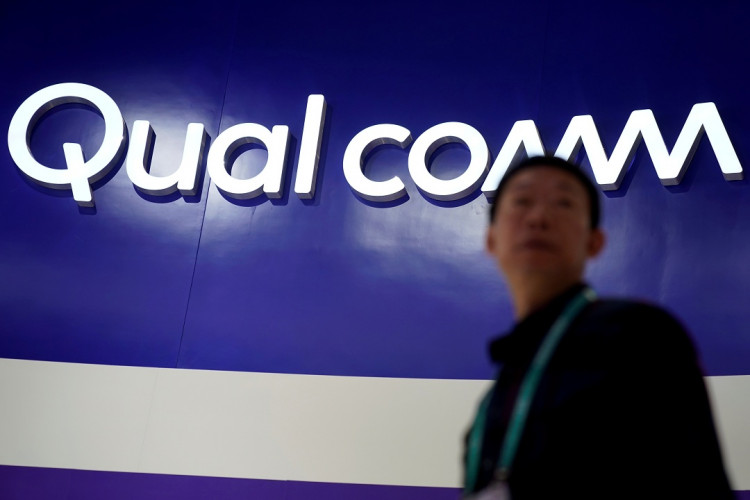The long-awaited trial that will be pitting two giant tech firms against each other is now reportedly underway. Apple, along with its allies, will be facing off against San Diego-based chipmaker Qualcomm in a patent trial this week.
The case will revolve around Apple's illegal patent license allegations against Qualcomm, where the Cupertino-based giant is seeking US$27 billion in damages. In turn, Qualcomm is seeking up to US$15 billion from Apple for allegedly forcing its partners to stop paying royalties for using its patented technology.
Apple originally filed its lawsuit in federal court back in 2017.
The suit involved the modem chips it had used in products such as the iPhone and its Apple Watches, which basically connected the devices to wireless data networks.
Both companies have had a myriad of smaller legal fights in different courts in the past, but this one will be one of the largest in terms of the damages being demanded.
The ongoing trial may be in Qualcomm's advantage, given that it will be held in its home turf of San Diego. The semiconductor and telecommunications equipment firm has a lot of economic and cultural influence within the city. San Diego's National Football League team for example regularly plays at the Qualcomm Stadium.
Apple's fight against Qualcomm is based on its mission to get rid of what the company calls a "tax" on innovation in the form of patent licensing fees. These fees significantly cut into the company's end-user selling prices, which is why it wants to legally get rid of it once and for all.
Qualcomm is basically protecting its business as it does generate the bulk of its profits from its patent licensing business. Apart from its chip-making revenue, the company currently gets billions in profits each year from various licensing fees for more than 130,000 patents under its name.
Its licensing business had propelled the company from being a small development operation to a global chip manufacturing leader in a relatively short time.
The trial will now be putting Qualcomm's business model and licensing practices under scrutiny, which Apple's hopes will result in a drastic change. As it stands, Qualcomm currently requires all device makers to sign a licensing deal for its patents before it supplies them with its chips. Apple and other manufacturers have claimed that Qualcomm's "no license, no chips" policy is unethical as it basically charges for the same product twice.
Apart from demanding an end to the licensing practice, Apple and its allies are also seeking a full refund of what they have paid so far. That amount may dramatically increase if a jury finds Qualcomm guilty of Apple's antitrust allegations.





